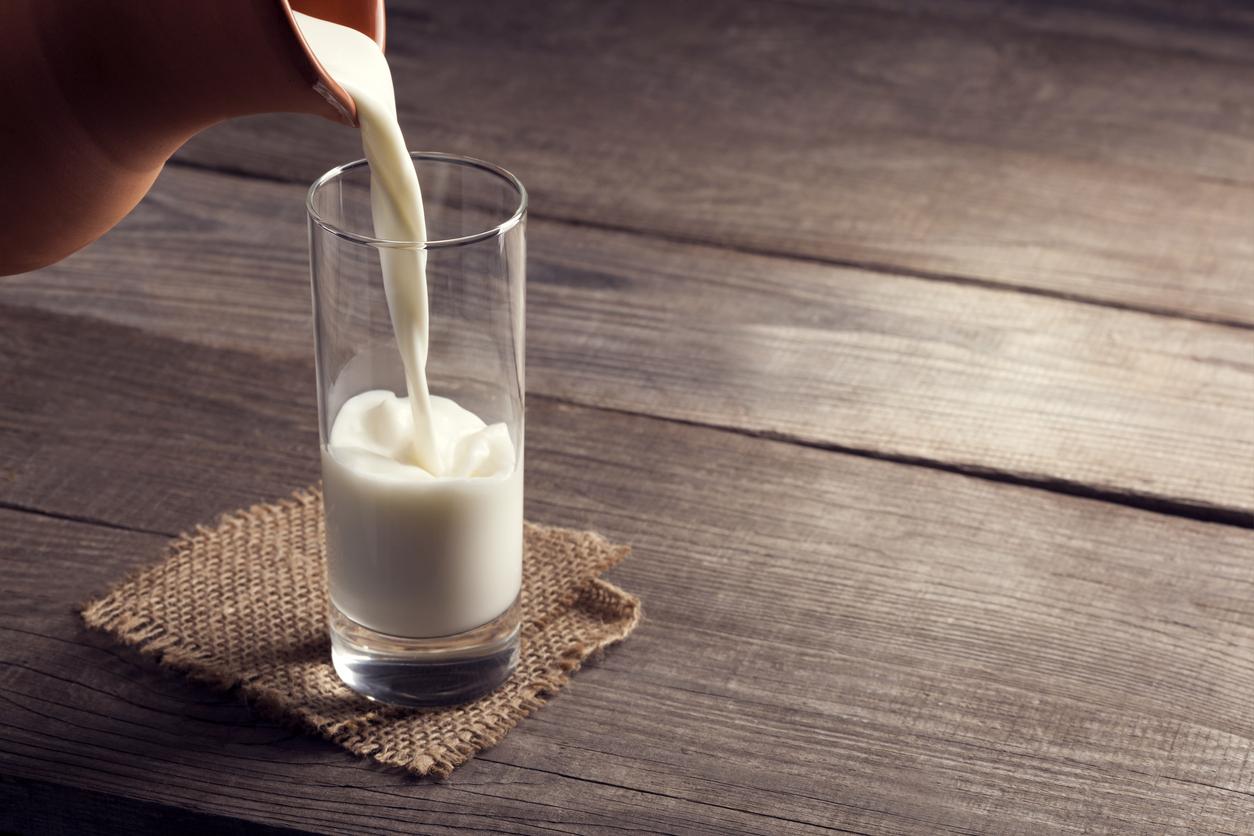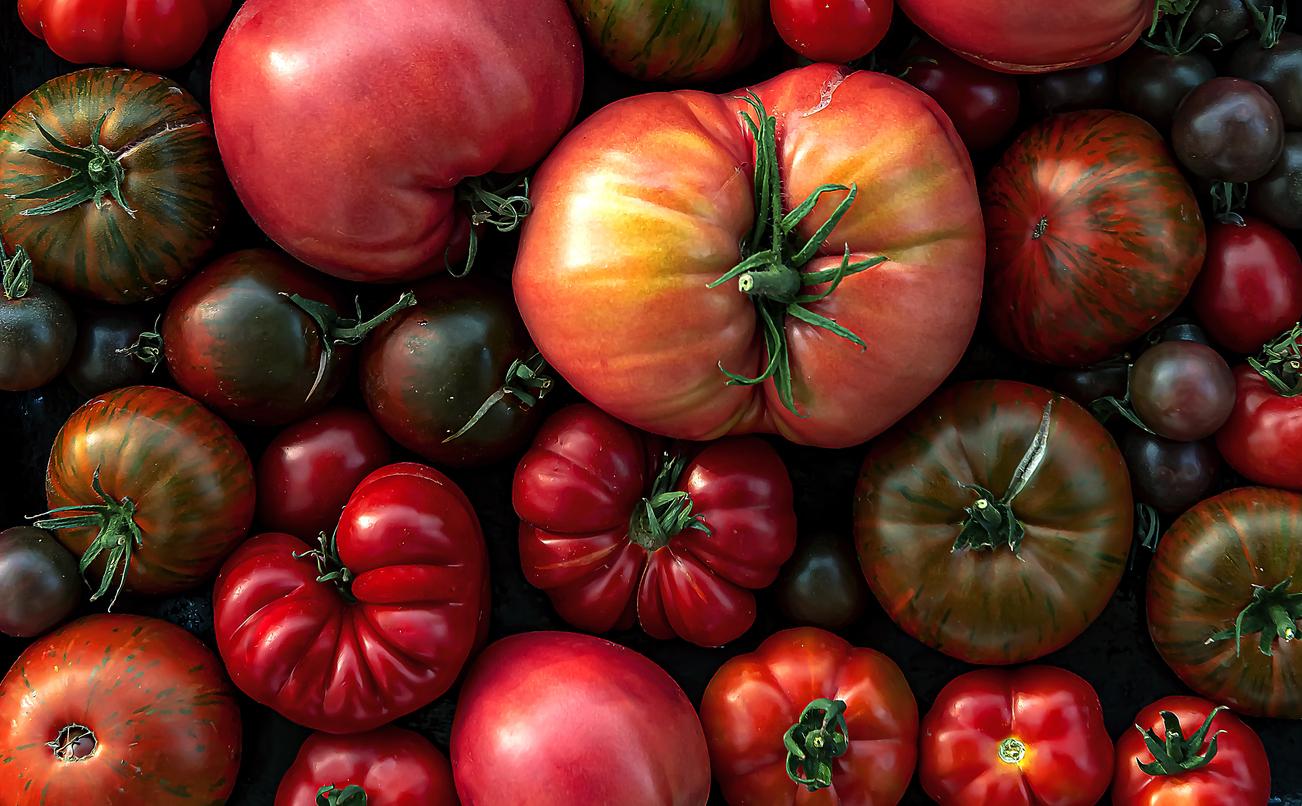“THE potassium is a mineral to which we pay little attention while it has a central role in the functioning of the body and the cells”, explains Jean-Marie Defossez, physiologist, author of The unexpected benefits of potassium (Editions Eyrolles, publication February 2023).
“If we reduce our intake, our body functions less well, it tires more and wears out more quickly. The emergency mechanisms that our body activates to compensate for the lack of potassium intake cause tirednessdiscomfort and inflammation, and are the gateway to chronic diseases”, he explains.
A recommended intake of 3.5 g of potassium each day
Getting enough potassium to avoid deficiencies and prevent diseases including high blood pressure, osteoporosis and kidney stones. The WHO and health authorities recommend a potassium intake of 3.5 g per day.
THE potassium rich foods ? Squash, broccoli, spinach, cabbage, bananas, citrus fruits, potatoes, dried fruits… It is difficult to reach these daily intakes with food. “To provide 3.5 grams of potassium to your body, you must consume more than one kilogram of carrots or bananas or even two kilograms of green cabbage or radishes. In addition, you must consume potassium-rich vegetables with cooking water otherwise you lose a large part of the potassium”, indicates our expert who also specifies: “Some of these foods contain other nutrients that will consume some of this potassium. This is the case with citrus fruits because of their acidity, dried fruits because of their high phosphorus content. As for spinach, they should not be consumed in excess given their high oxalate content which can cause kidney stones”. Finally, he advises you to supplement with potassium, at the rate of 1.2 g of potassium salt each day.























